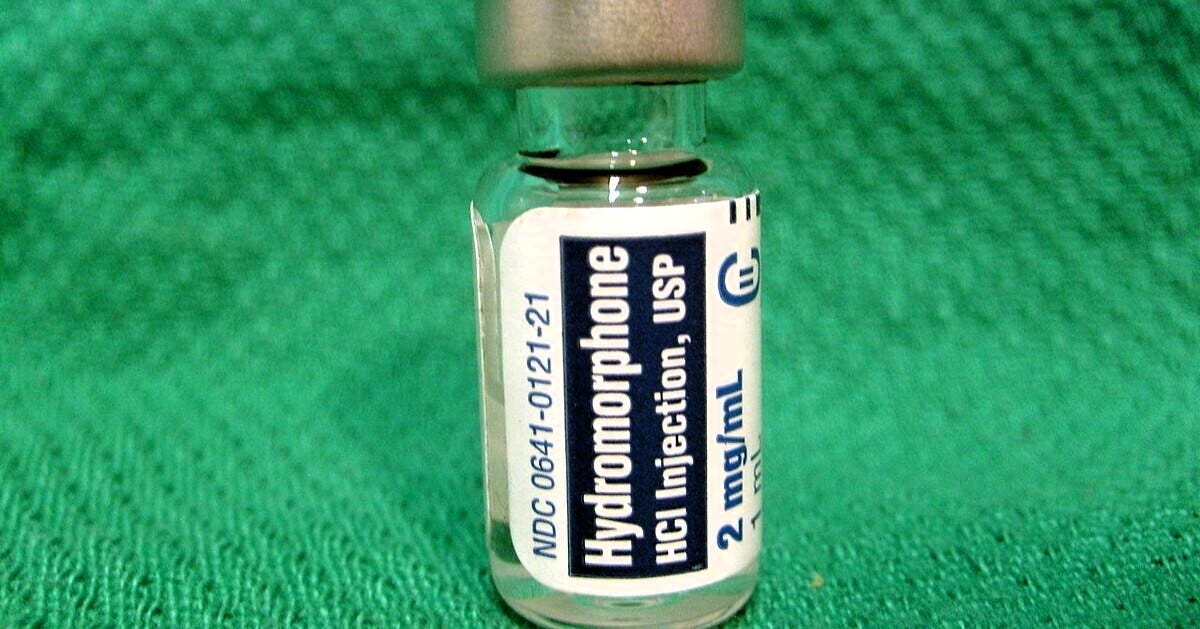B.C. overdose victim’s decomposing body found with govt-supplied opioids
No one can say for certain how James Beick-Fowler died, but the circumstances of his body’s discovery offer a dark reflection of Vancouver’s ongoing opioid crisis.
No one can say for certain how James Beick-Fowler died, but the circumstances of his body’s discovery offer a dark reflection of Vancouver’s ongoing opioid crisis.
In the summer of 2024, North Vancouver RCMP issued a public appeal for help locating the 26-year-old man, who was known to frequent areas across the North Shore, Surrey, and Vancouver’s Downtown Eastside. He hadn’t been seen in months.
It wasn’t until April 2025 that answers began to emerge.
That’s when prospective tenants inspecting the remnants of a long-shuttered pub on Spicer Road stumbled upon human remains inside the abandoned building.
They were mostly skeletal, later confirmed through dental records to be those of Beick-Fowler.
Given the state of her son’s remains, determining a definitive cause of death through toxicology proves difficult, although most familiar with the story believe he likely died of an overdose more than a year earlier.
The grim discovery brought a measure of closure to his mother, Heather Fowler, who had spent over a decade trying to help her son access support. Still, she remains haunted by how his life ended.
“(They) described him as mummified,” she said in a local report when recalling what the coroner told her.
“There was a small portion of flesh on his left calf that they’re doing toxicology on, and there was a bottle of government Dilaudid that he doesn’t have a prescription for and a syringe and a pipe by his side,” Fowler continued.
A 2024 report from the provincial health officer on British Columbia’s so-called safe supply program found that synthetic opioids were detected in 80 per cent of unregulated drug deaths since 2017.
Fowler told reporters she doesn’t agree with the government offering so-called safe supply drugs, arguing that it’s only making matters worse.
As previously reported by True North, a March 2025 study examining drug decriminalization and safe supply programs in British Columbia found both policies resulted in more hospitalizations for opioid overdoses.
The report also showed that, unlike decriminalization advocates had claimed, there were no significant reductions in the overall number of opioid-related deaths.



